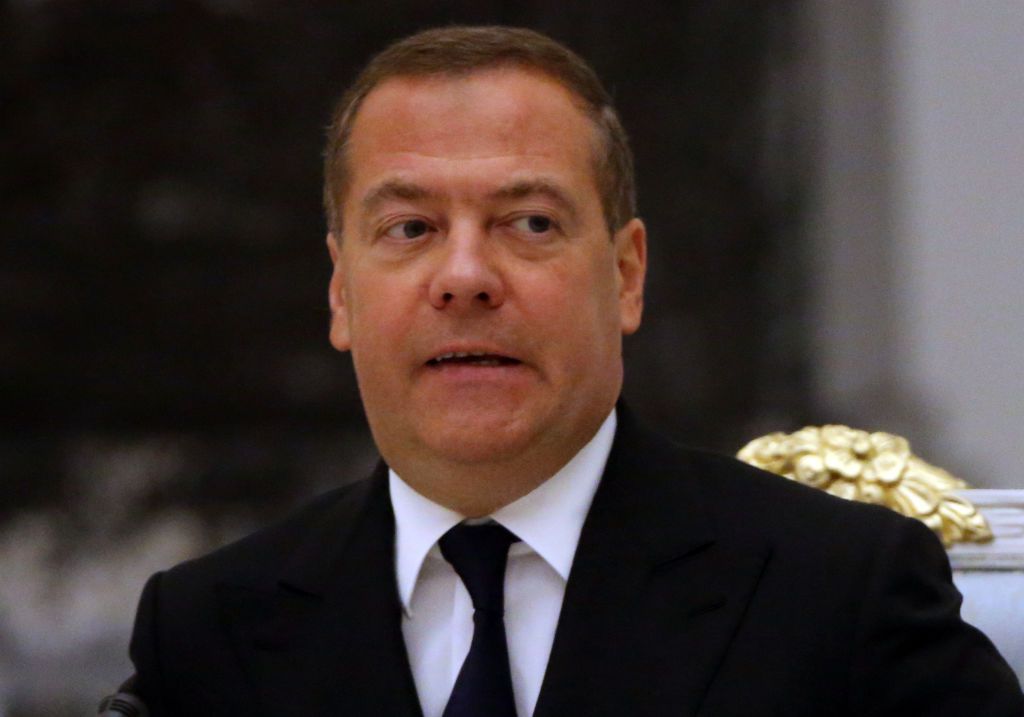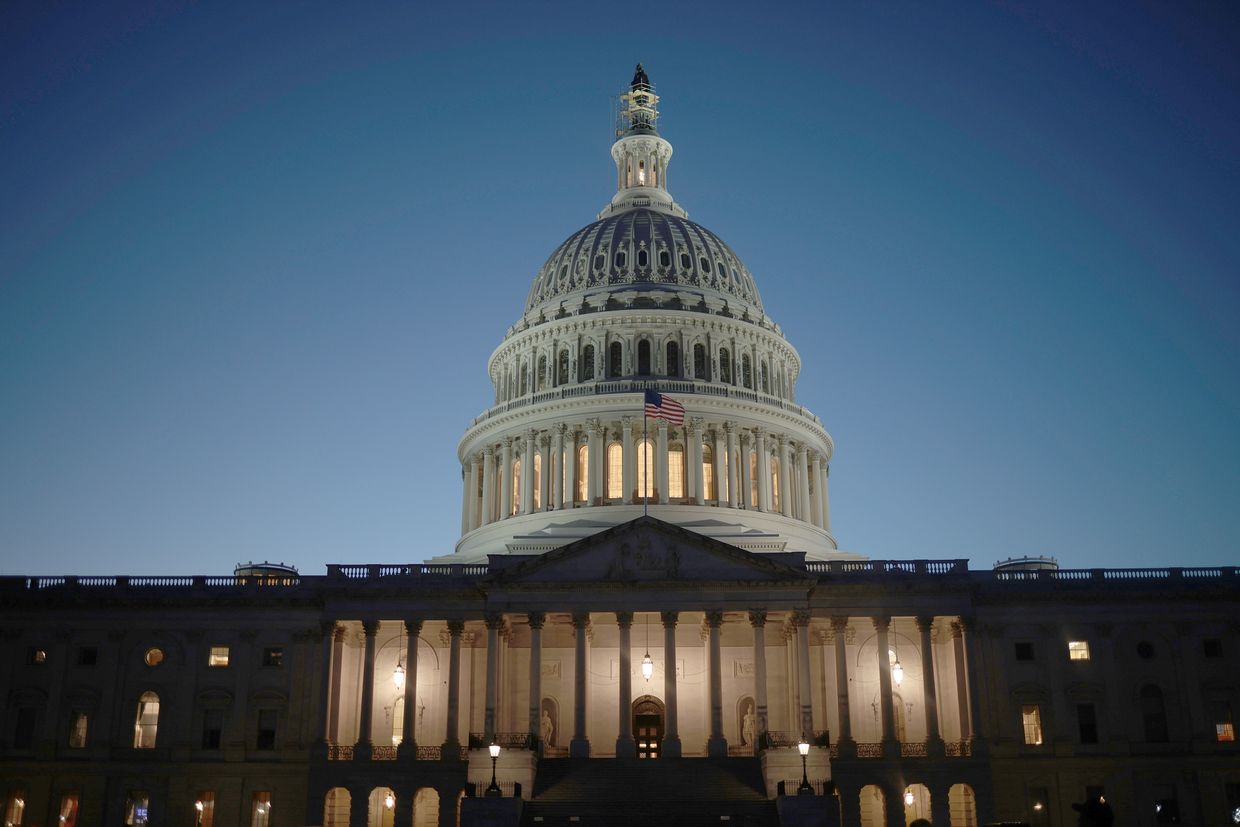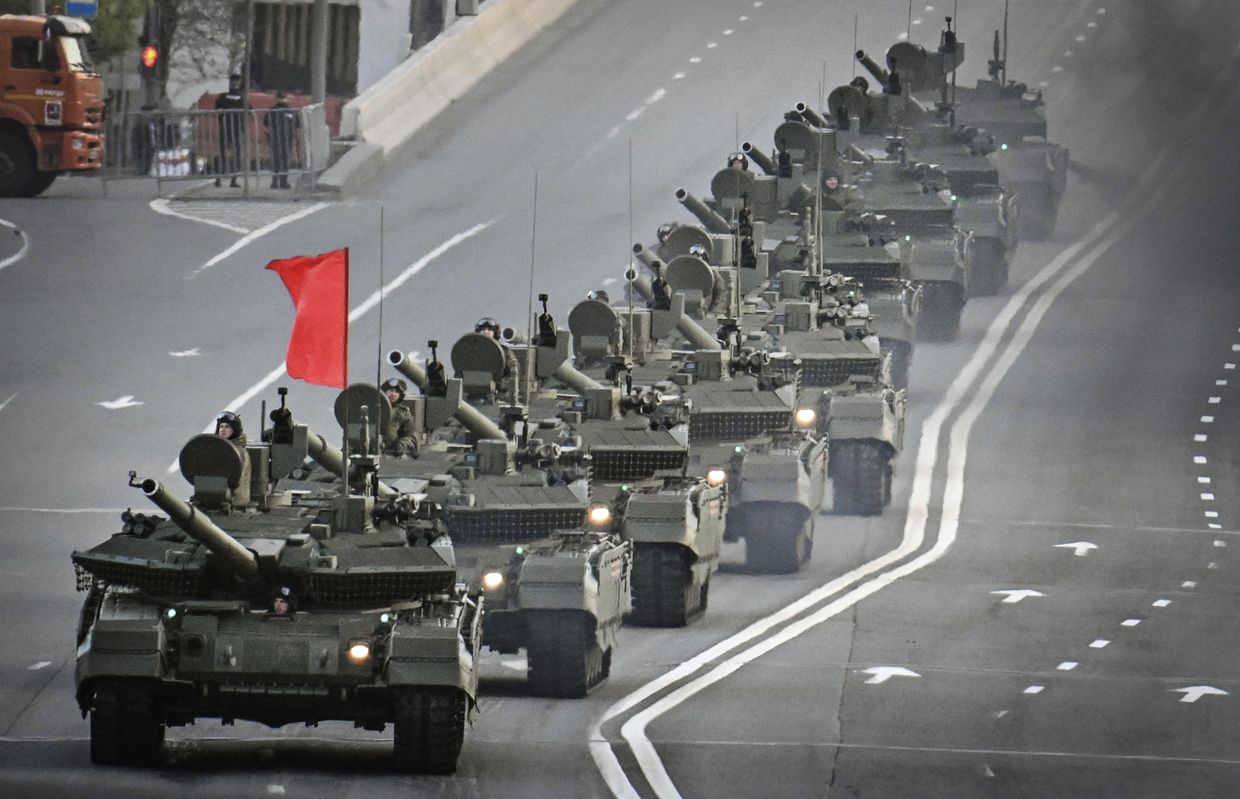Pope said he was praying to God to grant the world the "miracle of peace."
Ushakov’s comments follow Russian President Vladimir Putin's May 11 invitation for direct talks with Ukraine in Istanbul starting May 15.
The assault began around 2 a.m. on May 11, with Russian forces deploying 108 Shahed-type attack drones and decoy UAVs from multiple directions, Ukraine’s Air Force said.
Zelensky called a ceasefire the essential first step toward ending the war.
The number includes 1,310 casualties that Russian forces suffered over the past day.
"Think of the hundreds of thousands of lives that will be saved as this never ending 'bloodbath' hopefully comes to an end... I will continue to work with both sides to make sure that it happens."
"An unconditional ceasefire is not preceded by negotiations," French President Emmanuel Macron told reporters on May 11.
U.S. State Department Spokesperson Tammy Bruce called for "concrete proposals from both sides" in order for Washington to "move forward" in peace negotiations.
"If they speak to each other in Russian, he doesn't know what they are saying," one Western official told NBC News. Michael McFaul, former U.S. ambassador to Russia, called Witkoff's approach "a very bad idea."
Tougher sanctions "should be applied to (Russia's) banking and energy sectors, targeting fossil fuels, oil, and the shadow fleet," the leaders of Ukraine, the U.K., France, Germany, and Poland said in a joint statement.
"Russia is ready for negotiations without any preconditions," Putin claimed in an address marking the end of the three-day Victory Day ceasefire. He invited Ukraine to begin talks in Istanbul on May 15.
The American-made weapons cannot be exported, even by a country that owns them, without approval from the U.S. government.
While serving as a bishop in Peru, Robert Prevost, now Pope Leo XIV, called the full-scale war "a true invasion, imperialist in nature, where Russia seeks to conquer territory for reasons of power."
Speaking to CNN on May 10, Peskov commented on the latest ceasefire proposal from Ukraine and Europe, responding that Russia needs to "think about" it, but is "resistant" to pressure.
Medvedev threatens Russia may seize private US assets if Washington seizes frozen Russian reserves

Russia could seize assets and property of U.S. individuals held in Russia if Washington confiscates Russian sovereign assets, Dmitry Medvedev, the deputy chairman of Russia's Security Council, claimed on April 27.
The U.S. Congress recently approved the REPO Act that would allow President Joe Biden's administration to seize Russian assets held at American banks and funnel them to Ukraine.
Western countries and Kyiv's other partners have immobilized around $300 billion of Russian assets in response to the full-scale invasion of Ukraine, with around $5 billion held in the U.S.
"It is obvious that we won't be able to respond symmetrically to the U.S.'s shameless theft of our assets," Medvedev wrote on his Telegram channel.
"The reason is clear – we do not have a significant amount of U.S. government property," he said.
Russia's former president instead threatened that the country's authorities could target money, real estate, and movable property owned by private U.S. individuals but located within Russian jurisdiction.
Medvedev claimed that there is a legal basis for this in the Russian civil code, which posits that Russia may retaliate against the property rights of individuals and entities that imposed certain restrictions on the property of Russian citizens or entities.
While Congress passed the bill setting legal grounds for confiscating Russian assets, it remains unclear how and if Biden plans to take such a step.
Washington has long been one of those allies pushing to funnel Russian funds directly to Kyiv. In turn, European countries have been more hesitant, fearing economic and legal pitfalls. The EU has instead been working on a plan to use the profits generated by the frozen assets to fund defense assistance for Ukraine.
Moscow said it could lower the level of diplomatic relations with the U.S. if Washington seizes Russian assets. Relations between the two countries have already deteriorated significantly since the start of the full-scale invasion.

Most Popular

After 3 years of full-scale war in Ukraine, Europe announces plan to ban all Russian gas imports

Journalist Roshchyna's body missing organs after Russian captivity, investigation says

Ukrainian sea drone downs Russian fighter jet in 'world-first' strike, intelligence says

'Justice inevitably comes' — Zelensky on deaths of high-ranking Russian officials

Ukraine is sending the war back to Russia — just in time for Victory Day
Editors' Picks

How medics of Ukraine’s 3rd Assault Brigade deal with horrors of drone warfare

As Russia trains abducted children for war, Ukraine fights uphill battle to bring them home

'I just hate the Russians' — Kyiv district recovers from drone strike as ceasefire remains elusive



